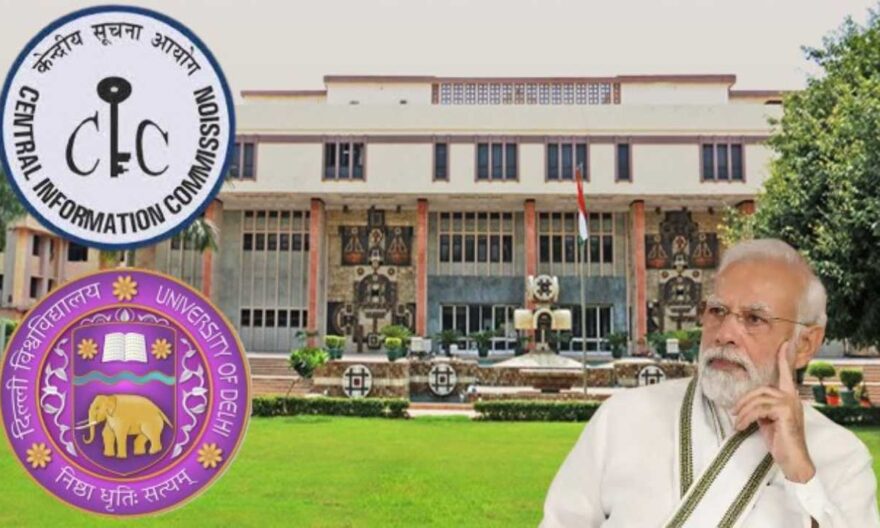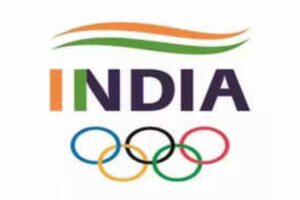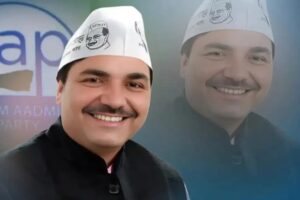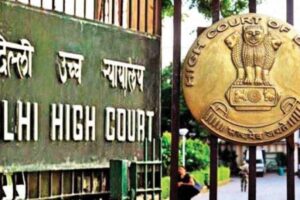
The Delhi High Court on Monday refused to expedite the hearing of a case concerning the academic degree of Prime Minister Narendra Modi.
The case is scheduled for hearing on October 13.
A single-judge Justice Subramonium Prasad was hearing an application seeking an early hearing of the plea filed by Delhi University in 2017.
The plea challenges an order from the Central Information Commission (CIC) that directed the university to permit the inspection of records for students who had passed the BA program in 1978, the year when Prime Minister Narendra Modi also reportedly cleared the examination. The order was stayed during the initial hearing on January 24, 2017.
The court issued a notice regarding the early hearing application submitted by RTI activist Neeraj Kumar. Senior Advocate Sanjay Hegde, representing Kumar, informed the court that the case has been pending for a long time and thus warrants an early hearing.
“The matter is listed in October. Take it from me, it will be disposed of then, provided I continue in the roster. It doesn’t impress why it (preponing) should be done. Sympathies apart… We’ll just say issue notice. List on the date already fixed,” Justice Prasad stated.
The case
RTI activist Neeraj Kumar filed an RTI application seeking the results of all students who appeared for the BA examination in 1978. The Central Public Information Officer (CPIO) of Delhi University denied the information, citing it as “third party information.” Subsequently, the activist appealed to the Central Information Commission (CIC).
In 2016, the CIC passed an order stating that matters related to a student’s education, whether current or former, fall under the public domain. The CIC ruled that the relevant public authority must disclose the information as per the applicable laws and previous decisions. The Commission noted that universities are public bodies and that degree-related information is available in the university’s private register, which is a public document.
During the first hearing in 2017, Delhi University, represented by Additional Solicitor General Tushar Mehta (who is currently the Solicitor General), stated that it had no objection to providing information regarding the total number of students who appeared, passed, or failed in the 1978 examination. However, the university argued that details such as individual results, including roll numbers, names, father’s names, and marks, were exempt from disclosure. It contended that such information contained personal data of the students and was held in a fiduciary capacity.
Justice Sanjeev Sachdeva stayed the order, and subsequently, the case was listed before different judges over the years due to regular roster changes. In February 2019, during a hearing before Justice Anup J. Bhambhani, the matter was consolidated with a group of petitions addressing the interpretation of Sections 8(1)(e) and (j) of the RTI Act.
The information sought in all the cases pertains to examination results, details of the results, educational qualifications, and other related matters concerning students.
Justice Bhambhani had made it clear in the order that while interpreting the aforementioned statutory provisions, the court will also consider other relevant and material provisions of the law that are applicable to the decision-making process.




